Yes! You are considering going to therapy! Or maybe you would consider going to therapy if you were more confident that you could find a therapist that was right for you. Your therapist should be someone you feel comfortable and confident in - someone you feel like you can open up to. And that is not easy. Let’s chat about the steps you can take to find a therapist that is right for you.
First, let’s consider some factors about your therapist that might work best for you. Keep in mind that therapists are trained to be open-minded, non judgemental and unbiased, so you may feel comfortable with someone who you never thought you would. But they are human and you may feel comfortable finding someone who you have something in common with - age, gender, religion - are common factors that people use.
Next, you may want to think about the type of therapy you want. Some people know they want talk therapy, behavior-modification therapy, EMDR therapy, hypnotherapy for example. But if you have no clue, don’t worry about this part as much. Simply think about the type of problem that you are wanting to improve upon to get an idea of the therapist’s level of experience and interest in this area: trauma-based therapies, couples therapy, family therapy, depression, anxiety, habit/addiction therapy as examples.
Next, are you open to new modalities? Traditional in-person visits are still the most common ways to seek therapy, but virtual therapy is more and more common. People who never thought they would ever see an online therapist are being helped every day. It may be a great way to dip your toe into what therapy is like or may be your forever answer.
Okay let’s begin our search…
There are tons of places you can look for a therapist.
-A list from your insurance company.
-Referrals from your primary care doctor.
-Asking a trusted friend, family member or mentor.
-Online listings - Psychology Today is a very commonly used resource that gives great background and insight into your therapist’s practice style and experience.
-Online therapist communities: https://www.betterhelp.com/ and https://www.talkspace.com/ have wonderful programs.
Once you find a therapist that might fit, don’t be afraid to ask a few questions. Some examples include asking how they conduct treatment, how they have helped other patients with similar circumstances as you, and how they will make you feel comforted during your session. Follow your gut on this one. Going to therapy might not be “comfortable” all the time, but you should feel comfortable with your therapist and their ability and willingness to help you move forward.
When in doubt, try again. Just like you can’t say “dating didn’t work” if you haven’t found what you are looking for, you can’t say “therapy doesn’t work” if you don’t click with your therapist. Keep trying! Revisit what you are looking for, where to find it and keep reaching out. You may need to change it up before you keep moving forward!
I hope this information was helpful.
And don’t forget, if you or a loved one is in crisis, please use this info below to reach out.
24/7 Crisis Hotline: National Suicide Prevention Lifeline Network
www.suicidepreventionlifeline.org
1-800-273-TALK (8255) (Veterans, press 1)
Text TALK to 741-741 to text with a trained crisis counselor from the Crisis Text Line for free, 24/7
Send a text to 838255
SAMHSA Treatment Referral Hotline (Substance Abuse)
1-800-662-HELP (4357)
RAINN National Sexual Assault Hotline
1-800-656-HOPE (4673)
National Teen Dating Abuse Helpline
1-866-331-9474
1-866-488-7386


